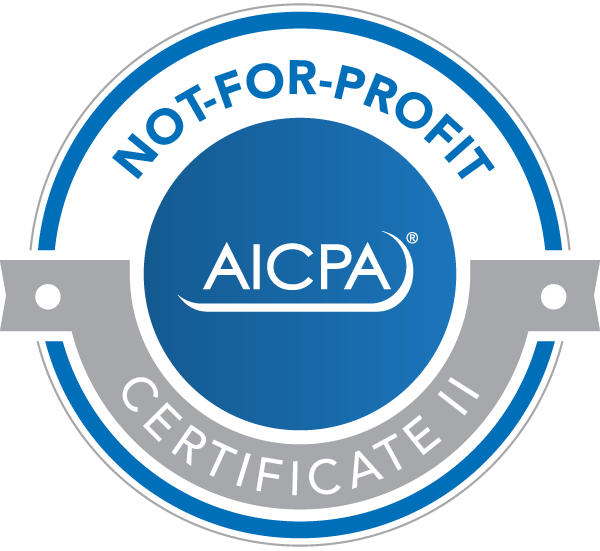The current federal estate tax exemption ($12.06 million in 2022) means that many people aren’t concerned with estate tax. But they should still plan to save income taxes. For example, be careful making lifetime transfers of appreciated assets. It’s true that the assets and future appreciation generated by them are removed from your estate. But […]
Author Archive | James B. Reynolds
Seller-paid points: Can homeowners deduct them?
The National Association of Realtors reports that July 2022 existing home sales were down but prices were up nationwide, compared with 2021. If you’re a homebuyer, you may wonder if you can deduct mortgage points paid on your behalf by the seller. The answer is “yes,” subject to some important limits. For example, the rule […]
Is your income high enough to owe two extra taxes?
High-income taxpayers may face the 3.8% net investment income tax (NIIT). The NIIT applies, in addition to income tax, on your net investment income. It only affects taxpayers with adjusted gross income exceeding $250,000 for joint filers, $200,000 for single taxpayers and heads of household, and $125,000 for married individuals filing separately. The income that’s […]
The Inflation Reduction Act: what’s in it for you?
The Inflation Reduction Act (IRA), which was signed into law recently, contains, extends and modifies many climate and energy-related tax credits. For example, there’s a credit for a percentage of certain expenses for nonbusiness energy-saving property placed in service before Jan. 1, 2033. The credit is further increased for amounts spent for a home energy […]
Home sweet home: Do you qualify for office deductions?
If you’re a business owner working from home or an entrepreneur with a side gig, you may qualify for home office deductions. On the other hand, employees who work remotely can’t deduct home office expenses under current federal tax law. To qualify for a deduction, you must use part of your home regularly and exclusively […]
An “innocent spouse” may be able to escape tax liability
When a married couple files a joint tax return, each spouse is liable for the full amount of tax on the couple’s combined income. Therefore, the IRS can come after either spouse to collect the entire tax, (not just the part that’s attributed to that spouse). This includes any tax deficiency that the IRS assesses […]
Estimated tax payments: Who owes them and when is the next one due?
You may have to make estimated payments if you receive interest, dividends, self-employment income, capital gains or other income. If you don’t pay enough tax during the year through withholding and estimated payments, you may be liable for a tax penalty on top of the tax that’s due. Individuals must generally pay 25% of their […]
Is your withholding adequate? Here’s how to check.
When you filed your federal tax return this year, were you surprised to find you owed money? Or did you wind up getting a large refund? Either situation might mean it’s time to review and adjust your withholding. This might be necessary because something in your life is different this year (for example, you got […]
How to avoid the early withdrawal tax penalty on IRA distributions
If you take withdrawals from your traditional IRA, you probably know they’re taxable. But there may be an additional penalty tax on “early” withdrawals. An early distribution is defined as taken before age 59½. You’ll be hit with a 10% penalty tax unless an exception applies. Fortunately, there are several exceptions. Common examples include: 1) […]
The kiddie tax: Does it affect your family?
The kiddie tax rules may impose substantial limitations on income shifting to your children. They apply if: 1) the child hasn’t reached age 18 before the close of the tax year, or 2) the child’s earned income doesn’t exceed half of his or her support and the child is age 18 or is a full-time […]







